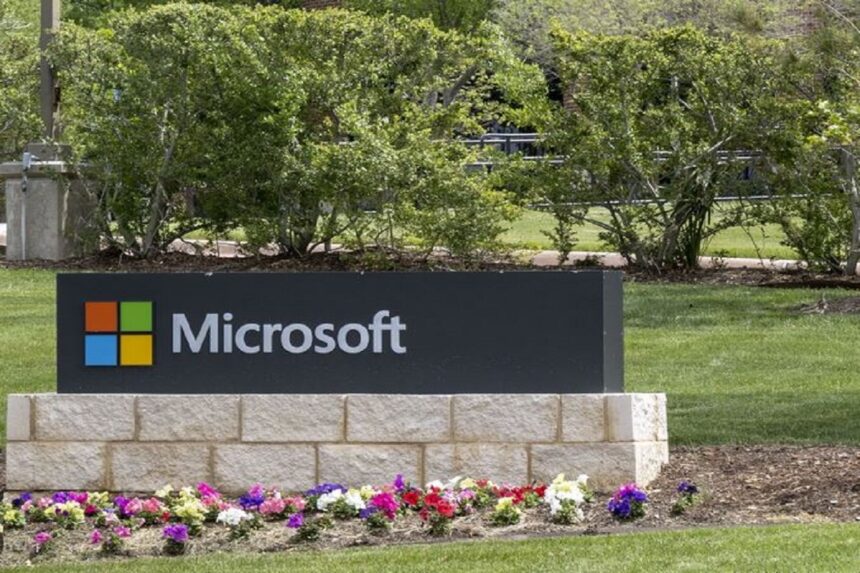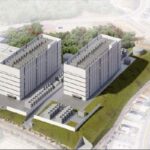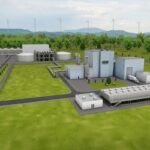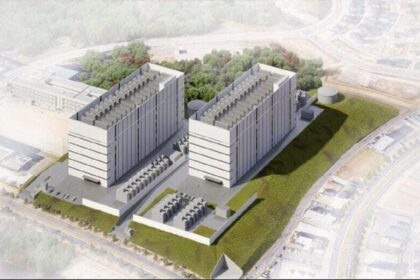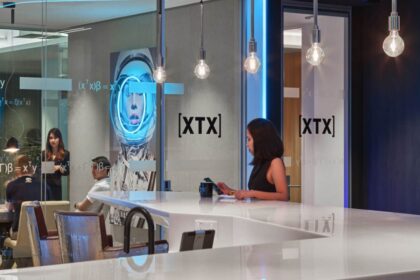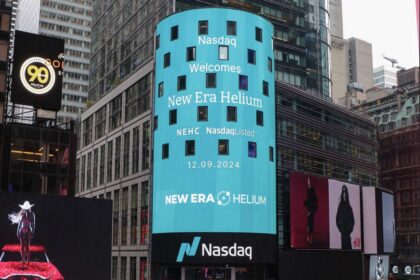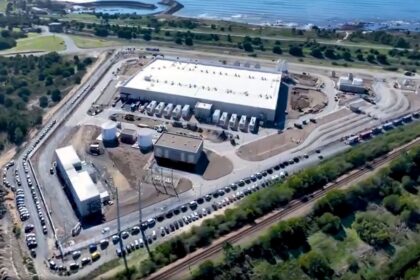Microsoft and QTS Realty Trust LLC are embarking on significant data center projects in Irving, Texas. This collaboration comes with large-scale investments that are poised to boost the area’s tech infrastructure and its economic landscape. The local city council has approved incentive packages aimed at fostering these developments, which include property tax abatements and specific milestones that the companies must meet.
Microsoft’s Four Data Center Projects in Irving
Microsoft has committed to building four out of the seven data centers planned in the Irving area. These developments are part of the company’s broader strategy to expand its data center footprint in Texas. While the specific details of these projects remain under wraps, Microsoft’s planned facilities are expected to play a pivotal role in supporting cloud services and enterprise customers.
Tax Incentives and Conditions
The city of Irving has offered Microsoft a generous 50% property tax abatement to encourage the tech giant’s investment in the area. However, this tax incentive comes with several conditions. Microsoft must enter into long-term lease agreements for the buildings, with a minimum 15-year lease required for two buildings by next year, and for the remaining two by the end of 2026.
Additionally, Microsoft must occupy at least 500,000 square feet of space by 2026 and increase the taxable value of the property by $200 million by 2027. These conditions ensure that Microsoft’s investment will generate substantial long-term value for the city, both in terms of economic growth and technological infrastructure.
QTS Realty Trust’s Expansion Plans
QTS, a Kansas-based real estate investment trust (REIT) focused on data centers, is also receiving substantial incentives for its expansion projects in Irving. The company has plans to construct three new data centers in the area, in addition to its existing operations in the region.
QTS’ Campus at 6300 Longhorn Drive
QTS is eligible for the same 50% property tax reduction for its data center projects in Irving, with the company required to invest a minimum of $350 million in the properties by January 2029. The tax incentives are tied to QTS’ commitment to occupy at least 500,000 square feet of space by 2028.
The three data centers that will benefit from the tax abatement are part of QTS’ existing campus at 6300 Longhorn Drive. Two of these facilities—DC1 and DC2—span 700,000 square feet and offer a combined 75.2 megawatts (MW) of critical power. Additionally, DC3, located on a 55-acre campus at 6431 Longhorn Drive, spans 415,900 square feet and has 43 MW of power capacity.
QTS’ DC5 and DC6 facilities are also part of the tax incentive package. The company re-filed for its DC5 project last year after initially proposing it in 2022. DC6 was filed earlier this year, and both projects will continue to enhance QTS’ capacity in the Dallas-Fort Worth area.
The Role of Irving’s Economic Development Efforts
Irving’s Economic Development Partnership, along with the Greater Irving-Las Colinas Chamber of Commerce, has been instrumental in facilitating these large-scale projects. According to Beth Bowman, president and CEO of the chamber, these developments are designed to drive economic growth while improving the quality of life for residents.
As the demand for cloud services, edge computing, and data storage continues to rise, Irving has emerged as a key location for data center expansions. The city’s strategic position within the Dallas-Fort Worth area, coupled with favorable business incentives, makes it an attractive destination for tech giants like Microsoft and data center providers like QTS.
Additional Data Center Activity in the Irving Area
Irving is becoming a growing hub for data center activity. Along with Microsoft and QTS, other players such as Lumen and Cogen have also established a presence in the area. This expansion is reflective of the broader trend of increasing demand for data storage and cloud services across the United States, particularly in markets like Texas where infrastructure is primed for growth.
Microsoft’s Growing Data Center Footprint in Texas
While these four new data centers in Irving will be among Microsoft’s largest in the state, the company already has a strong presence in Texas. Microsoft currently operates and is developing eight data centers in San Antonio, Texas, which remain a central part of the company’s infrastructure strategy for the region.
The new Irving developments align with Microsoft’s ongoing investments in Texas as the state continues to be a hotbed for tech expansion. As part of its broader strategy, Microsoft is looking to cater to the growing demand for cloud services in the region, offering solutions for both enterprise clients and consumers.
The Importance of Data Centers in Supporting Texas’ Tech Ecosystem
Texas has emerged as a critical location for data center developments due to its robust energy infrastructure, favorable business environment, and central position in the U.S. The expansion of data centers in regions like Irving ensures that the state remains competitive as a leading player in the digital economy.
As businesses increasingly rely on cloud computing, edge services, and data storage solutions, the importance of data centers cannot be overstated. These facilities support a vast range of applications, from enterprise software solutions to consumer-facing cloud services, all of which are integral to the modern economy.
FAQ: Data Centers in Irving, Texas
What incentives are Microsoft and QTS receiving for their data center projects in Irving?
Both Microsoft and QTS are receiving a 50% property tax abatement for their respective data center developments in Irving, Texas. The incentives are tied to specific milestones, such as lease agreements and square footage occupancy.
How much space will the new data centers occupy in Irving?
Microsoft’s data centers will occupy a minimum of 500,000 square feet by 2026. QTS plans to occupy at least 500,000 square feet by 2028 for its three data centers in the area.
Why is Irving, Texas a popular location for data centers?
Irving offers strategic advantages such as a favorable business climate, proximity to major tech hubs in the Dallas-Fort Worth area, and strong infrastructure, particularly in energy and connectivity, making it an attractive location for data center projects.
What is the expected impact of these data center expansions on Irving’s economy?
The expansions will likely drive significant economic growth in the area, creating jobs, increasing taxable property values, and supporting the broader tech ecosystem in Irving and the Dallas-Fort Worth metroplex.
How does Microsoft’s expansion in Irving fit into its broader strategy?
Microsoft’s expansion in Irving is part of its ongoing commitment to meet the growing demand for cloud services and data storage solutions. These new centers will enhance its Texas-based infrastructure, complementing its existing facilities in San Antonio.



